Industrially sponsored PhD Research Project immediately available.Â
Supervisor: Dr K P Travis.
This National Nuclear Laboratory (NNL) sponsored industrial CASE studentship is concerned with developing fundamental models of colloid transport and absorption in sand filters, used at the Sellafield Ion Exchange Effluent Plant (SIXEP). It involves the application of statistical mechanics and atomistic computer simulation.Â
Mechanical filtration is the complete removal of colloids which are larger than the largest pores in the porous medium. It is associated with the formation of filter cakes forming at the surface of the filter bed, resulting in rapid decreases in permeability and clogging. Clogging can significantly diminish the performance of an industrial effluent filter observed as a pressure drop or head loss.Â
The fractal dimension of colloidal deposits has been speculated to be an important key parameter controlling the amount of clogging. Deposits of high and low fractal dimension might arise as a result of the competition between the colloidal-colloid interactions and hydrodynamic forces. Molecular Simulation is a powerful tool which can be employed to test this mechanistic hypothesis and potentially yield an improved equation for predicting how head loss depends on the amount of deposit. Empirical relations used for this effect generally involve an adjustable clogging parameter, which must be fitted to experimental data. Statistical Mechanics, together with computer simulation, hold the prospect of relating such a parameter to properties of the colloidal and sand grain particles.Â
This project will entail the use of non-equilibrium molecular dynamics to meet this goal, including very simple models such as the field-driven Galton Board. Applicants for this position should therefore have an interest in (or desire to learn) applications of theory/simulation, including thermal physics/statistical mechanics to an industrially relevant problem in the nuclear area. Ideally, applicants will have some experience in using simulation software or writing their own code in a high-level language such as C or Fortran though this is not necessary. Students should hold or expect to gain a degree at bachelor or masters level with a classification of 2:i or higher in Physics, Materials Science, Chemistry or related engineering discipline.
The research team led by Karl Travis currently has 6 PhD students and 1 postdoc all working on nuclear related problems from research in Deep Borehole Disposal through wasteform development (ceramic and glass-ceramics), novel adsorbents (pertechnetate SAMMs) and glass processing (viscosity models). Dr Travis is recognised internationally for his work in developing methodology for non-equilibrium simulation and is the co-organiser of an annual non-equilibrium 2-day School.
Funding:
This position is open to UK & EU Nationals for which the project pays the fees. The project provides an annual tax-free stipend of the standard EPSRC award (currently £13.7k), subject to any successful applicant meeting the UK residency requirement of 3 years for both UK & EU Nationals. Plus a stipend top-up from NNL of £3k pa. The funding package is £20.6k in the 1st year for fees, stipend and top-up for any qualifying applicant; cf. http://www.epsrc.ac.uk/skills/students/help/Pages/eligibility.aspx).
Application:
Informal contact and enquiries can be made to Dr Karl Travis  (k.travis@sheffield.ac.uk) or Dr Mark Bankhead (mark.bankhead@nnl.co.uk)
Formal Admissions - Contact and Web link:
Karen Burton  K.A.Burton@sheffield.ac.uk;  +44 (0)114 222 5941
To apply for this role, please click on the Apply button below.
Closing date: 4th Feb 2014
Scholarships are not only for the smart students. Anyone can get scholarships

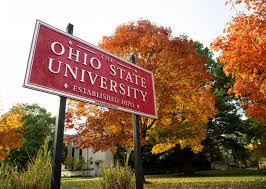


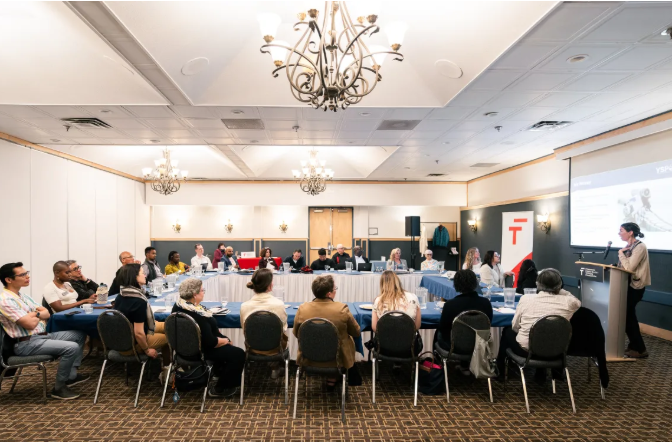
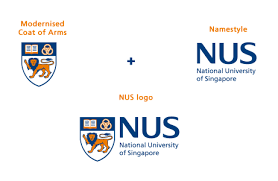

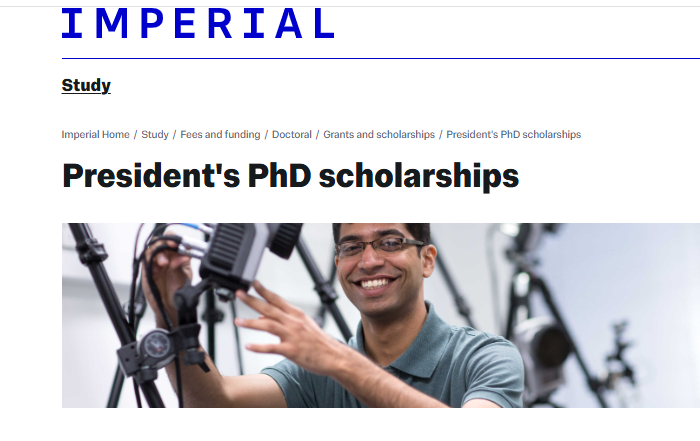
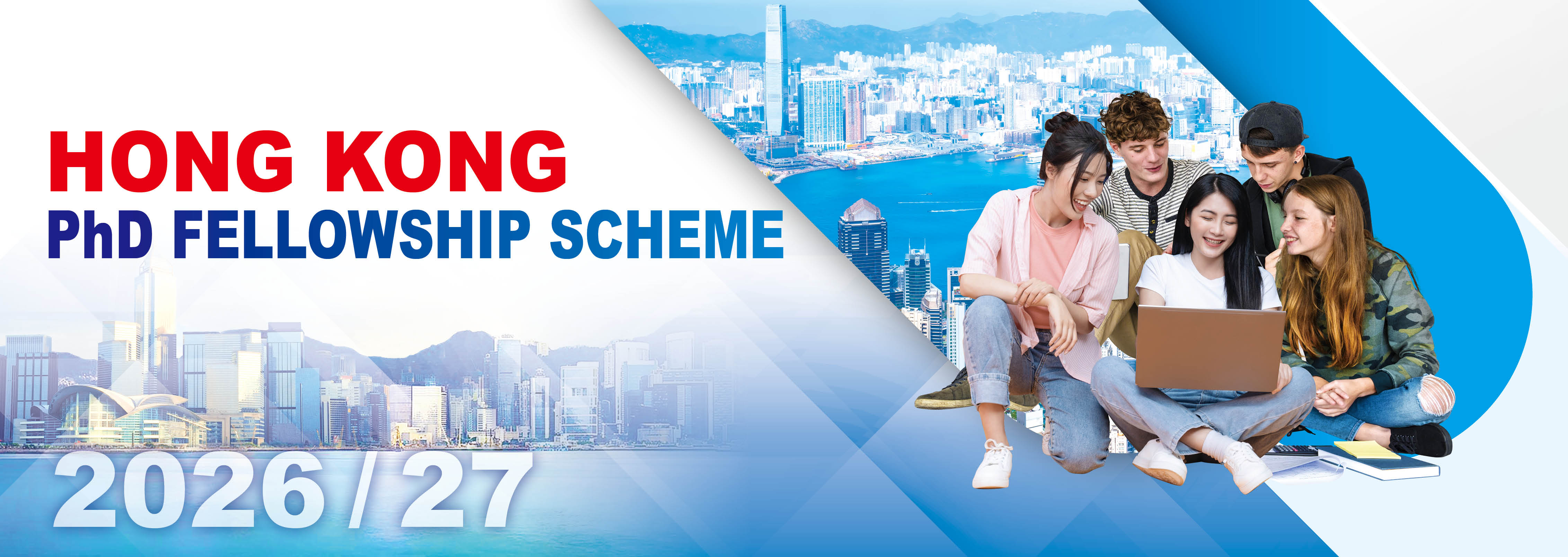
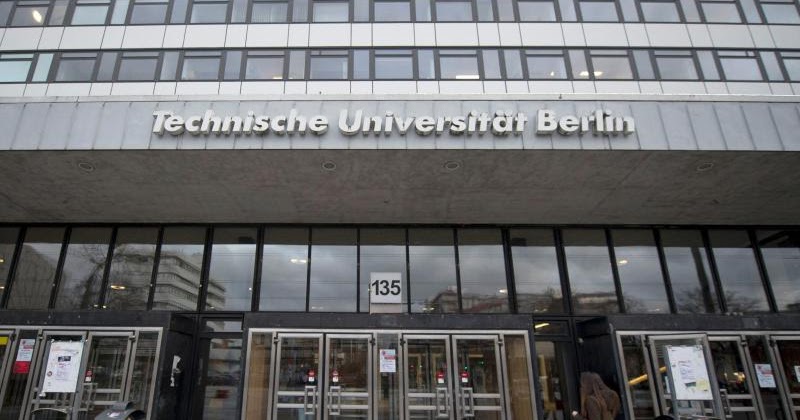
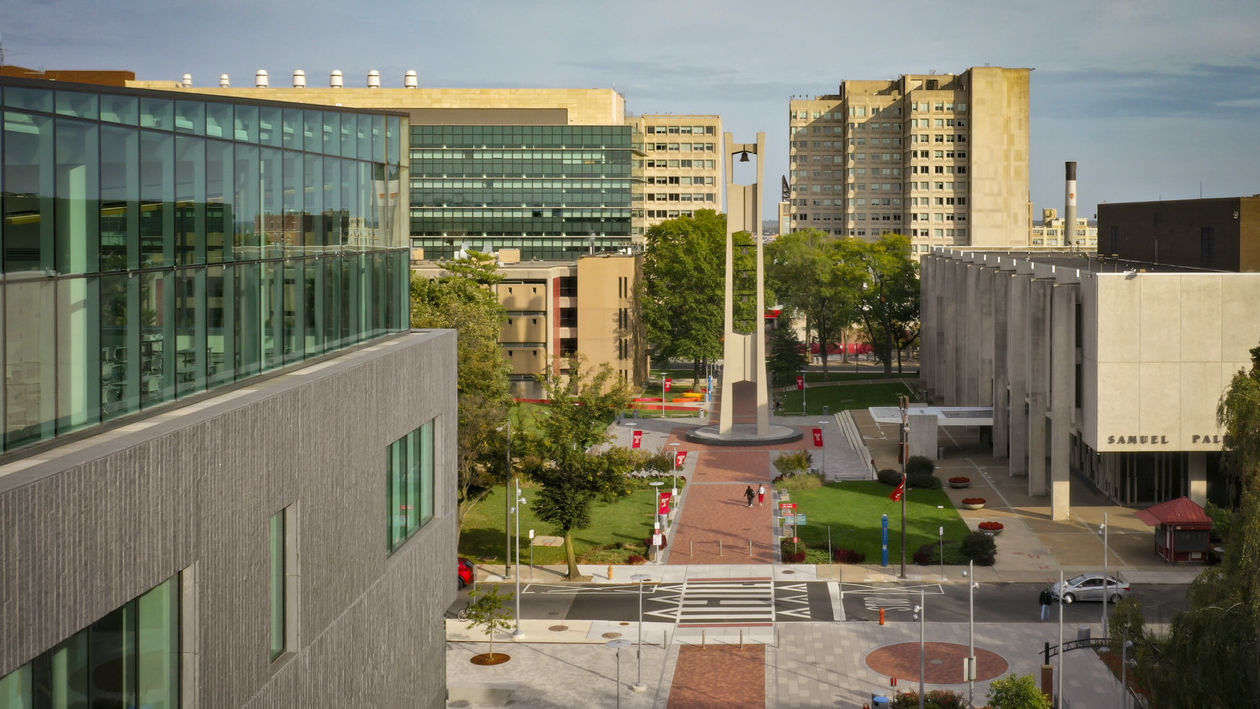
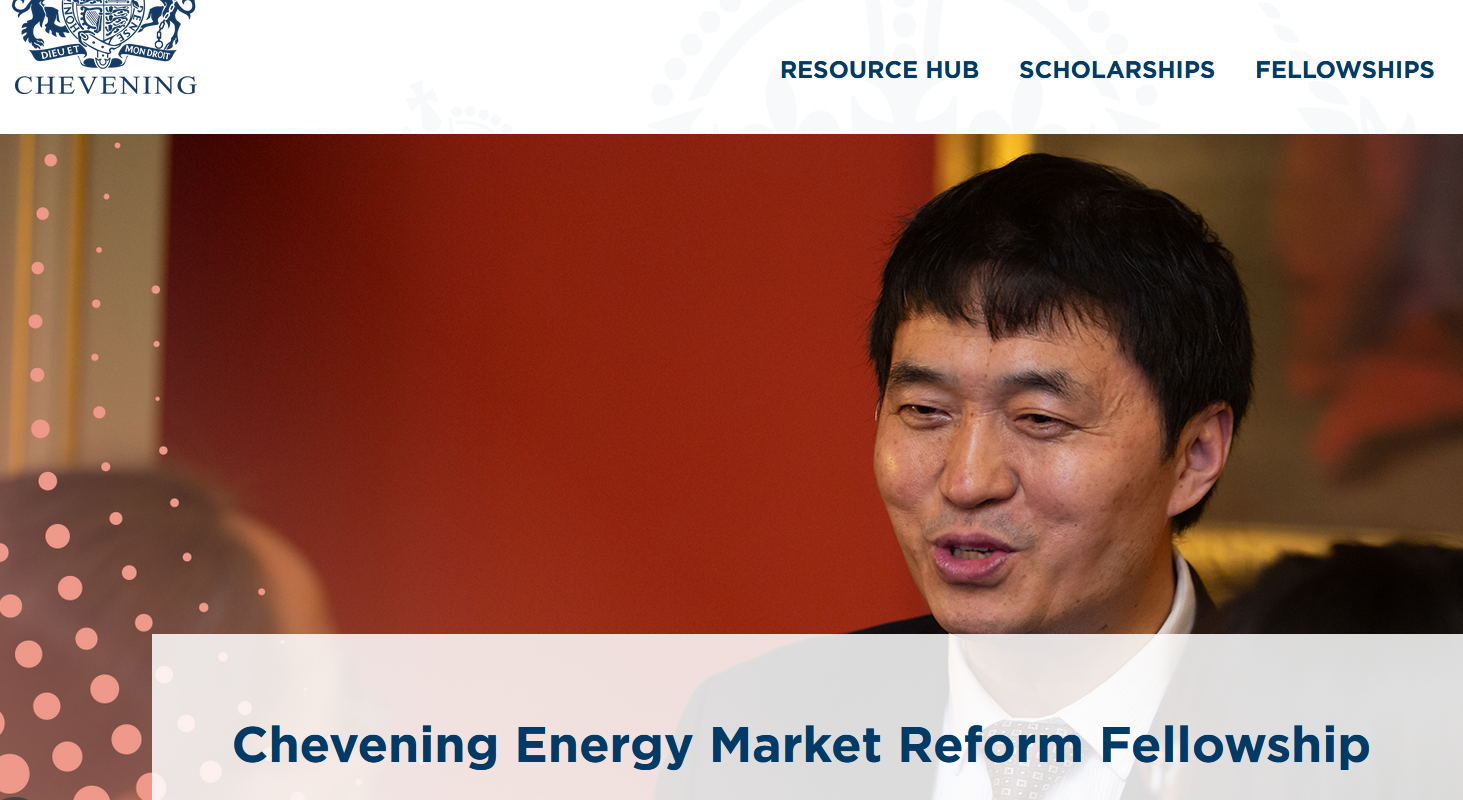

Have a Question about this Scholarship?